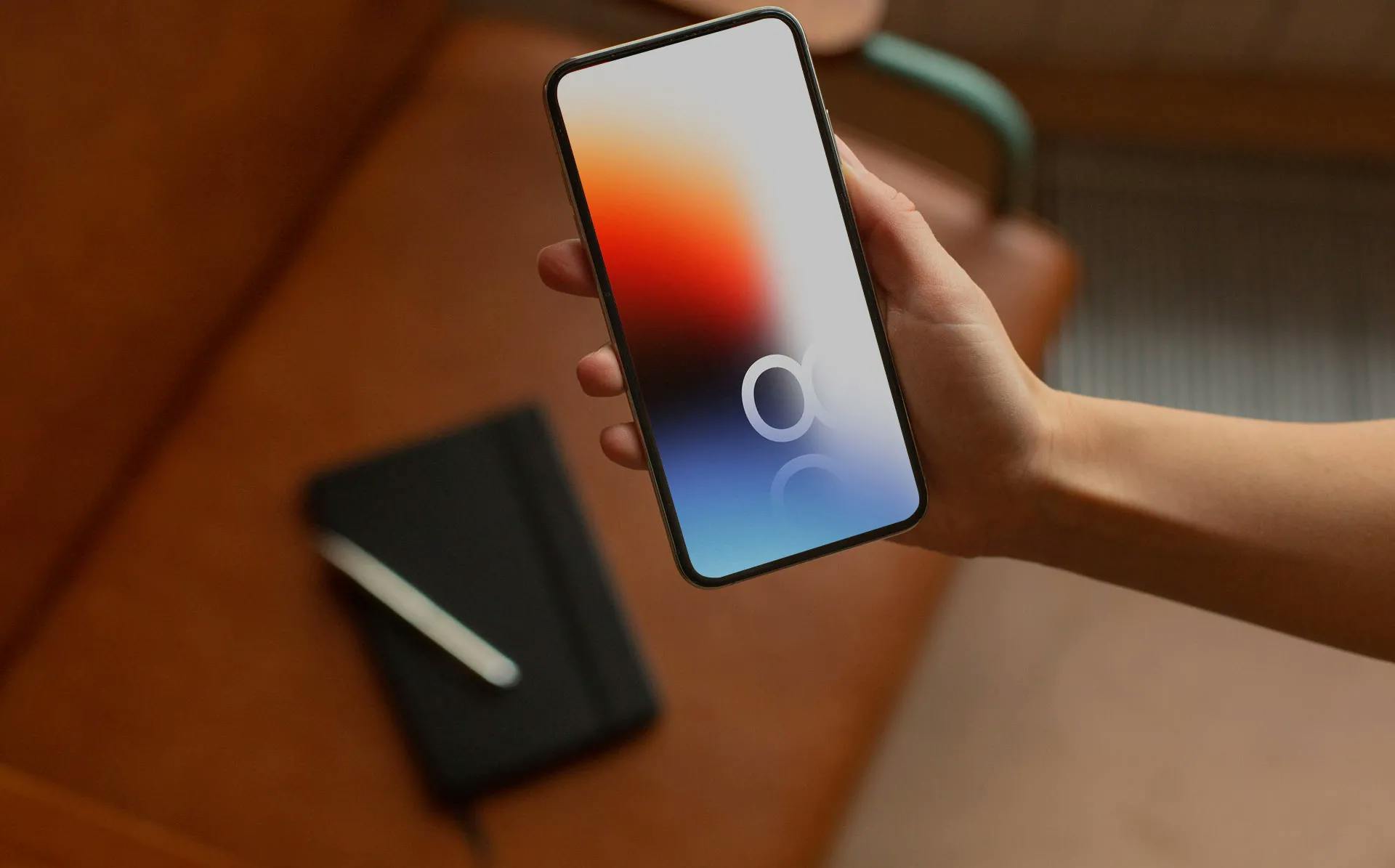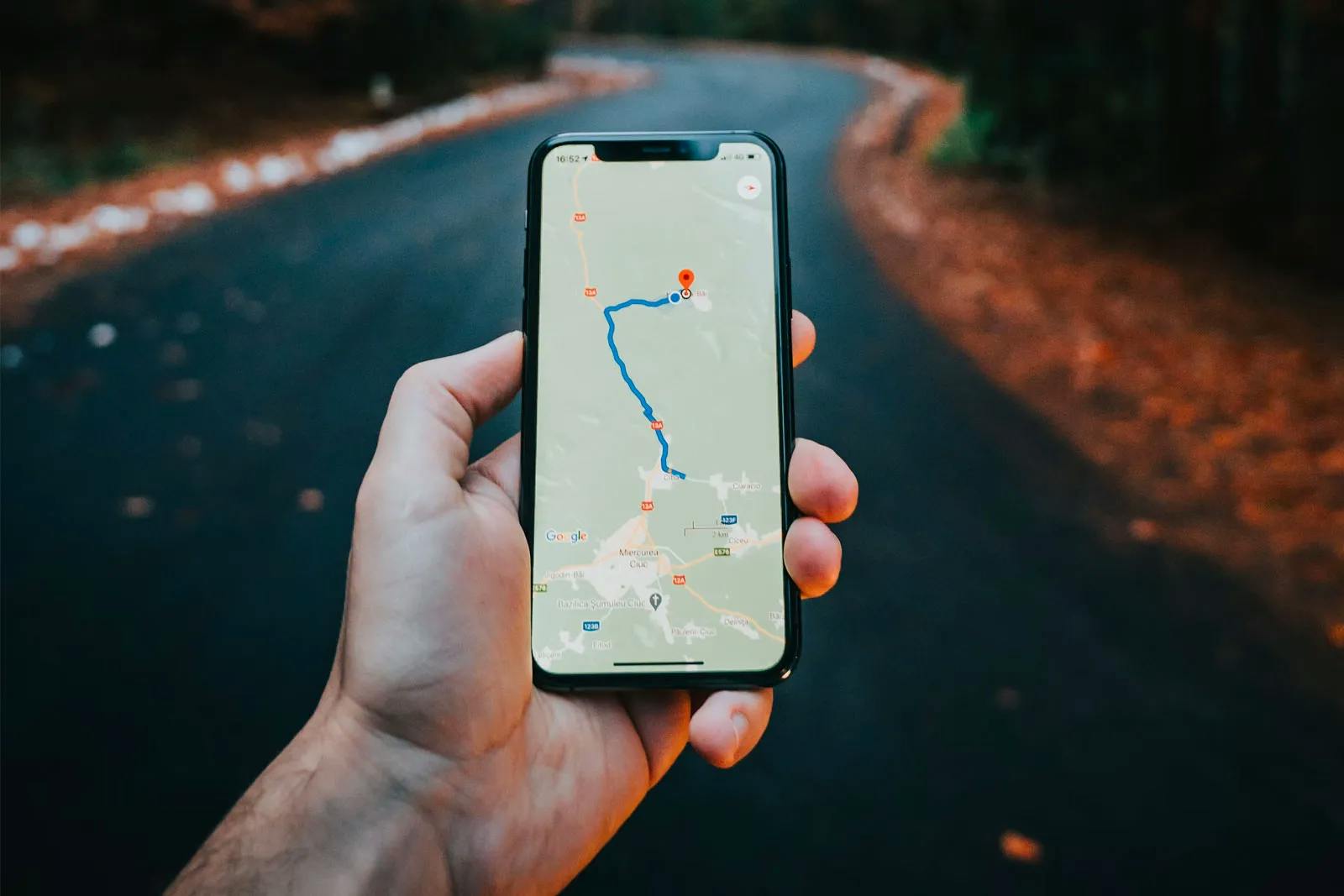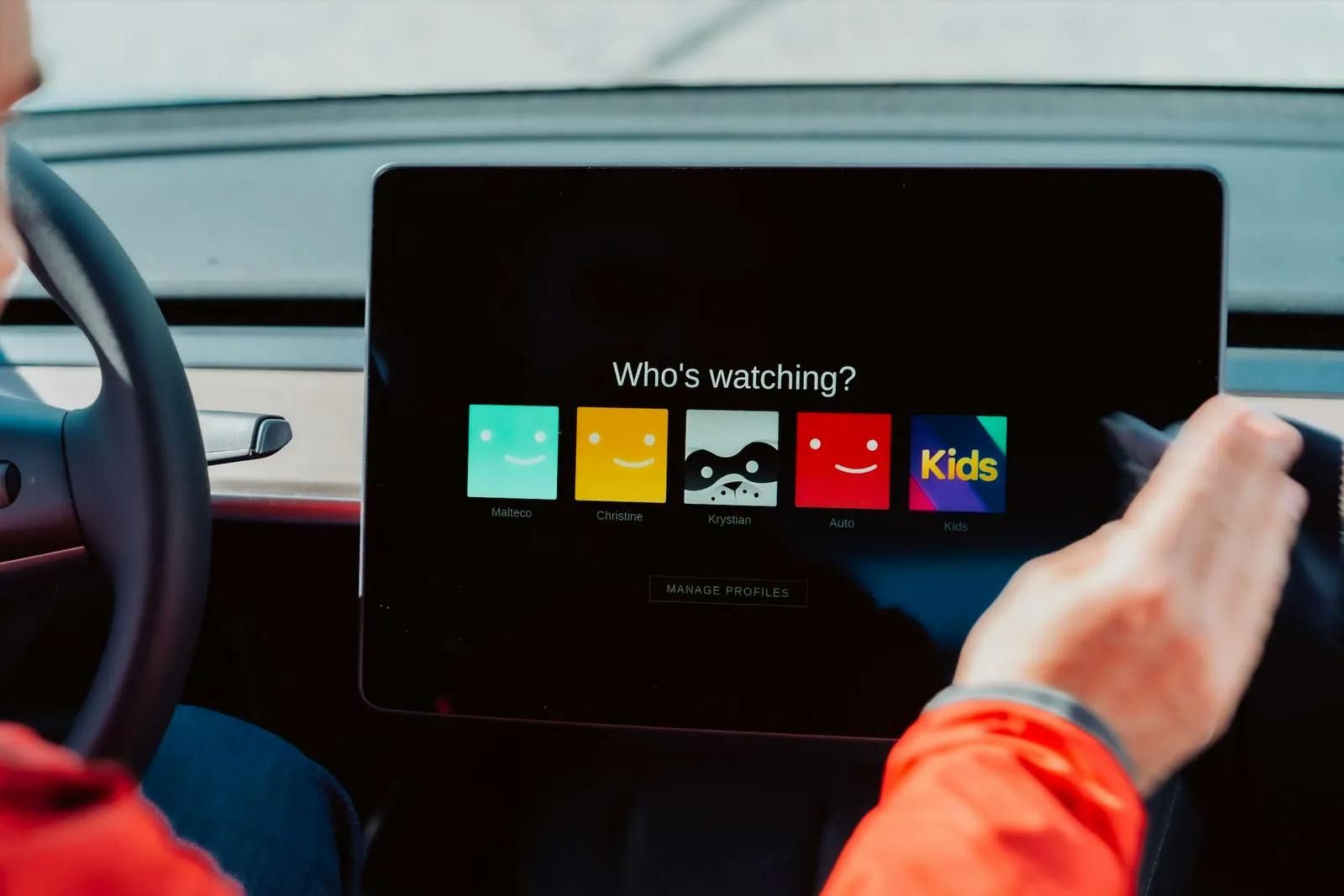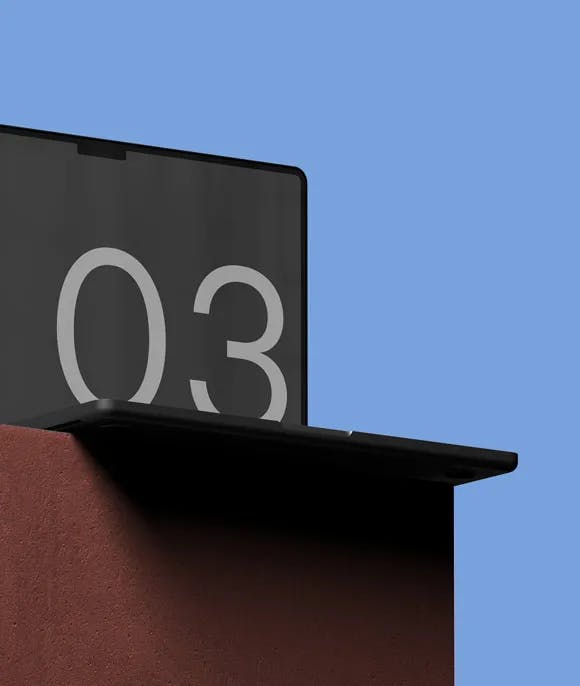We have been made aware of unauthorized use of our company name in fraudulent activities. Fleava only operates through fleava.com. Any other domains or contacts claiming to represent us are fraudulent.
If you receive suspicious messages, do not engage—report them to the authorities. For official inquiries, contact hello@fleava.com.
Developing a Mobile App for your Business
/ Journal — Insight: Marketing
Your company can move seamlessly toward digitization with the help of mobile apps. In addition, mobile applications are being integrated more and more for better outcomes as the greatest technologies, like AI, ML, and IoT, emerge.
Today, consumers use their most private gadgets, smartphones, to carry out a wide range of tasks, from shopping to paying bills to seeking medical advice via health care apps. Mobile apps are the ideal way to digitize.
The purpose and advantages of Mobile Apps
What does an application serve? We can connect with others, have fun, and even grow our businesses thanks to apps. You can learn everything about apps right here.
1. To improve our lives
You might be perplexed as to why anyone would select a mobile app in the first place. Shouldn't a website be adequate in itself? It's a reasonable argument, but it ignores one of the most crucial aspects of mobile apps: their usefulness and convenience.
Do you recall a time before Google Maps? You have to purchase a map or print it out to know the directions. And if you took a mistake, you would have to extend your journey to retrace your steps. These days, you can use an app like Google Maps and Waze to avoid traffic while getting to your location.

Google Maps, one of the most important Apps for our daily lives.
2. Educate Customers by providing information
Consider this the next time you're looking through your favorite smartphone apps: On a gadget small enough to fit in your pocket, you have access to information that dates back thousands of years. Mobile apps are excellent teaching resources. You may take online courses, improve your coding abilities, learn new languages, and much more.
3. To entertain and give joy
The way we consume entertainment has been dramatically changed by mobile apps. Mobile Applications like Youtube and Netflix let users access high-definition video content at any time. You may access virtually every book ever published through Wattpad, and Kindle apps.
Meanwhile, gaming has undergone a radical transition because of mobile apps. Mobile games are currently more profitable for the gaming business than PC or console games. Additionally, there are more entertainment alternatives available to audiences as phones get more capable.
4. To connect
You don't have to be alone to use a mobile app. In reality, several of the most widely used apps promote social interaction and inclusivity. Users who want to keep in touch with their loved ones might download video chat applications like FaceTime or Skype. Or they can download a social media app like Facebook or Instagram to share that awesome new selfie or video they just made.
5. To improve productivity
Smartphone technology has improved to the point that your phone may be more powerful in some aspects than your PC, and they are now just as feature-rich. While you're not in your home or café to open your PC, you can still prepare presentations using PowerPoint, write comprehensive reports using Google Docs, conduct business using Shopee, Uber, Grab, and Tokopedia.
As you can see, apps can make life easier, and help us work more efficiently and in the smartest way. The development of mobile apps is amazing. And things are only going to get better if previous trends are any clue.
How Mobile Apps are developed
Mobile App Development is essentially the act or procedure by which a mobile app is created for mobile devices. These software programs are created to function on portable electronics like smartphones and tablets. Due to the fierce rivalry in mobile software and changes within each of the platforms, application software developers must also take into account a wide range of screen sizes, hardware requirements, and settings. We'll walk you through the process of creating an app:
1. Think of a concept for your Mobile App
Choosing your app's overarching concept is the first stage in developing an app. Consider your goals and how the mobile app will help you accomplish them. This will develop the project's vision and guide the functions and design requirements necessary to achieve your business objectives.
2. Establish how your App will generate revenue
Even though it can seem like a later stage, you should start planning how your mobile app will generate revenue very early on because this will affect how the app's user experience is designed. The most typical techniques to make money are as follows:
- In-App Purchase and Upgrade
- Advertising
- An entirely dedicated e-Commerce app
- Pay-to-download
- In-App advertisements from third-parties
- Paid Subscriptions
3. Recognize the features and technology you require and desire
Many companies make the serious error of trying to squeeze too many features into their mobile app, especially in the initial release. It would be preferable to divide the desired qualities into desired and necessary features. In the V1 of your software, only the essential functionality should be present. Unbelievably, user input will let you know later on what additional features users are interested in.
3.1. Technical Discovery
Technical Discovery is a research project with a deadline that produces a future work plan. Tech discoveries lead to tasks, knowledge, and documentation rather than finished projects. The Product Manager invests in new technology. You are currently investing substantial time in determining the what, how, and why of the next work. The team obtains the following deliverables as a result of this investment:
- Actionable. Divides the narrative into manageable chores. Each task is an independent unit of work.
- Demonstrable. A slide deck, document, presentation, prototype, etc.
- Estimable. Each work is prepared with clear acceptance standards.
When to start tech discovery? when any narrative demands a large amount of work from multiple people (back-end to front-end, engineer to business stakeholders, team to team, etc.). Create a communication strategy, data contracts, etc using a tech discovery.
3.2. Mobile Architecture
A set of guidelines, methods, procedures and patterns are referred to as mobile app architecture while developing a mobile application. These guidelines aid programmers in producing apps that adhere to both corporate needs and professional standards.
Today, many apps are created without using any architecture or standards. A lack of architecture makes an app harder to maintain, especially if staff members shift, harder to expand upon or scale, harder to test, and more prone to mistakes.
An architecture for mobile apps that are clearly specified makes testing more productive, supports flexibility and Agile development methodologies, and makes future maintenance simpler and less bug-prone. In the short and long terms, a solid mobile app architecture will save time and money.
4. Create the User Journey and Wireframe
A user experience designer will develop a wireframe and layout of the user journey that users will follow in order to complete the desired action once you have determined the purpose of your app and the features you want to include. This expert will work with other professionals, such as a digital strategist or an information architect.
5. UI Design for Mobile Apps visual look
An app designer will design the interface after the wireframe and user journey have been approved, adding graphics, colors, designs, and other elements to produce a compelling and well-branded experience.
In order to assess the product's appearance and feel, the designer will, in other words, produce a mockup (a mid—or high—fidelity depiction of the product). Additionally, mockups can aid in assessing the design's usability and visual coherence, enabling designers to enhance both the design's aesthetic appeal and usefulness.
6. Create the App
After the mobile app is designed, the platform's development for the app starts, which is the hard lifting. To allow for testing throughout the entire development process, they should carry out this in a test environment. Additionally, app development companies create both the frontend or customer-facing portion of an app, as well as a backend mobile app that enables team members to manage content.
When creating an app, it is advised to use a password management tool to keep your working files safe. This promotes a secure working environment and enables remote file access for your collaborators.
7. Verify and test each feature and function of the App
Every mobile app should undergo dozens, if not hundreds, of tests while in development. In reality, extensive QA testing should be performed by a devoted quality assurance specialist to guarantee that every feature functions as intended. Developers will be able to address any bugs found in the testing environment before the app is released, guaranteeing users won't notice.
8. Make your Apps downloadable via the relevant App Store
An app development company will launch your app's V1 version in the relevant app stores so that users may start downloading and utilizing it. The Apple App Store and Google Play Store are the most well-known.
9. Promote the Mobile App to your intended audience
Did you know that businesses may upload images, videos, and other content to app stores to help target the right audiences?
Reputable app design and development companies can assist businesses in successfully marketing their apps on both the app stores and other platforms, including their website or social media channels. It will boost downloads, which will raise both your visibility and revenue in the app stores.
10. Data discovery
Information is gathered from numerous databases, cataloged, and categorized as part of the data collection procedure known as data discovery in order to be evaluated and analyzed. The data discovery process provides alternatives for organizational structure and security, among other things. In order to optimize the performance of the application, this data discovery can be used as testing data.
11. Continuously improve the App with the User feedback
Remembering that app development is never fully finished is crucial. Customers will submit reviews in the app stores, users will give specific comments, bugs may appear, and businesses will occasionally want to add new features. Each of these circumstances necessitates the creation of a new version of the app, whether it be a little correction or a significant upgrade, and its distribution to existing users and the app stores.
The Backend
The brain of a mobile app is the backend of the app. The backend handles data processing, storage, and security among other things. Your mobile app's backend, which runs on the server and is invisible to you, is essential to its functionality.
A mobile backend feature includes:
- Independent data processing and storing from smartphone capabilities
- Data synchronization and sharing across various platforms and devices
- Updates to the mobile app's content
- Managed the business logic of the app
- Managed access to data through authorization and authentication
Types of Mobile Apps
1. Lifestyle Mobile Apps
Recent years have seen rapid growth in lifestyle apps. An app that supports or expedites the various elements that make up your lifestyle is referred to as a lifestyle app. This refers to the various categories of smartphone applications for dating, dining, music, travel, fitness, and other activities. A few examples of lifestyle applications are Tripadvisor, Spotify, Uber, Stoic, and Sleep cycle.
The best thing about these apps is that once a user incorporates them into their everyday repertoire, they are probably there to stay. These are the applications that people regularly use to find the newest music, restaurants, and travel destinations. They are the apps that guide individuals in discovering who they are, what they enjoy and detest, and where they want to go next.
2. Social Media Mobile Apps
More information about people's daily lives is shared in today's society than ever before. Therefore, social sharing capabilities may also be desirable for applications that are not fully under the umbrella of social media because connecting and sharing experiences has become a very common thing to do in social life in the current digitalization era.
If you're going to offer a service or sell a product that your users can share with their network, think about integrating social sharing tools into your app. This feature will keep your users coming back to share and compare with their network over and over again. Examples of social media smartphone apps include Facebook, Instagram, and Snapchat.
3. Games & Entertainment Mobile Apps
The gaming and entertainment industry is huge and competitive. One of the clearer subcategories of mobile apps without needing much to explain. This type of app is well-liked by developers because it encourages users to come back often—sometimes even several times per day.

Netflix, an example of an Entertainment app.
In addition to gaming applications, streaming applications are also very popular for searching various categories of entertainment. People often seek streaming entertainment because of the popularity of streaming applications with emerging trends. Mobile Legend, PUBG, Youtube, and Netflix are some examples of gaming and entertainment mobile apps.
4. Productivity Mobile Apps
While it may seem like one of the more boring categories of mobile apps, productivity apps are actually very popular. This type of application helps users in completing difficult tasks more quickly and effectively, no need to open a PC or carry a laptop everywhere so that completing work becomes more enjoyable. When they are done well, this kind of application is very important. Examples of mobile apps include Gmail, Docs, Sheets, and Wallet.
5. News and Information Mobile Apps
Apps for news and information are rather simple. They offer their consumers the news and information they need in a simple manner that effectively guides them to the topics they care about most. To give it that particular something your users are seeking, come up with something original and tie it into the kind of news you'll be covering. Google News, Flipboard, and CNN are some examples of news and information mobile apps.
6. Utility Mobile Apps
The category of mobile apps that we may often use without even realizing it is utilities. Many of them are pre-installed and provide only one type of function. We usually use this mobile app more often but for a shorter time. Your calculator will normally only be opened to calculate equations (such as figuring out a tip at a restaurant) and then it will be saved. Calculators, weather, and reminders are some examples of mobile apps.
7. Mobile Security Apps
Nobody wants a security breach to happen on their phone, but few people actually take precautions to guard against it. Smartphones can be safe and not become a virus minefield just by installing one security application. Avast Premium Security, BitDefender Mobile Security, and Lookout Personal are some examples of mobile security apps.
Mobile Apps vs Website for Business
The “app vs web” debate will continue to be a very real one for businesses looking to develop an online presence as mobile use expands globally. A mobile-friendly responsive website is an obvious choice if your mobile goals are primarily marketing driven or if your goal is to provide content and create a significant online presence that can be easily maintained, shared among users, and found on search engines.
On the other hand, an app may be necessary if your goal is to provide a user experience that looks more like a game interface or a computer program than a website, or if you need access to the user's phone storage and native functionality.
Many businesses offer downloadable native apps for more specialized needs and mobile-friendly public websites for their overall web presence. In the end, it all comes down to choosing the right instrument for the job.

